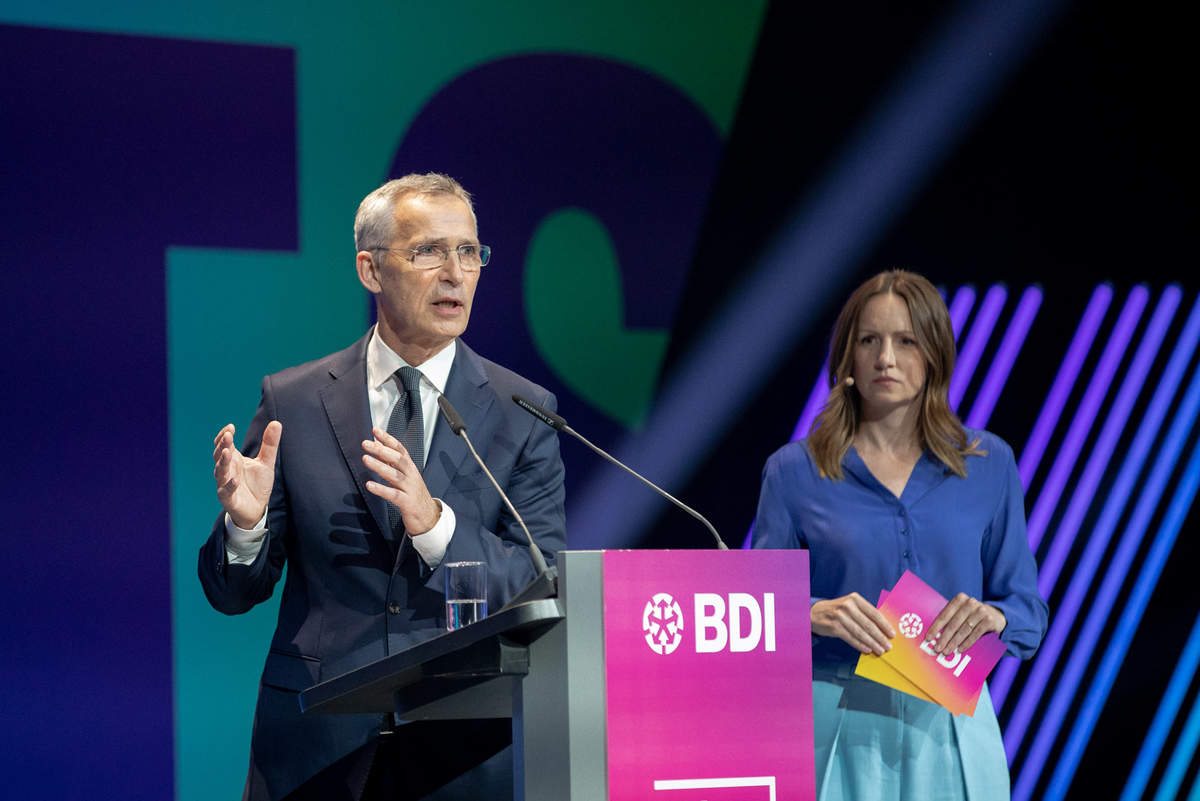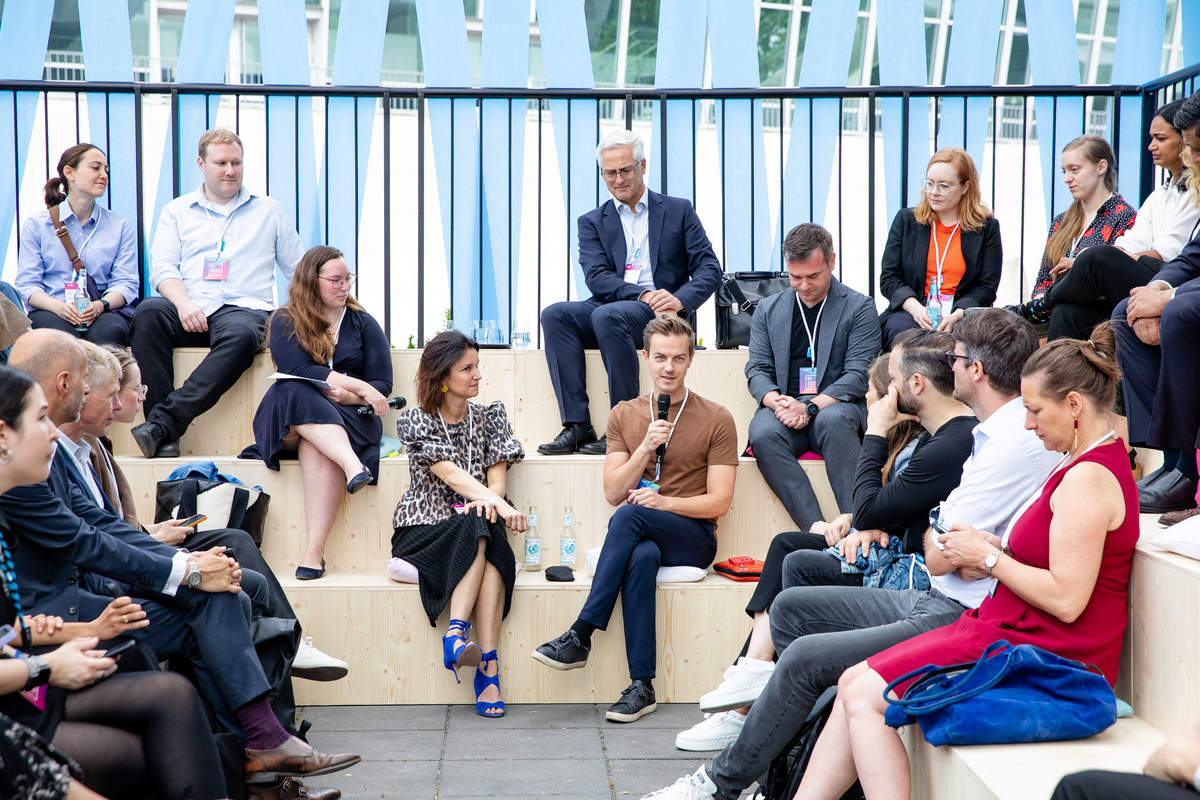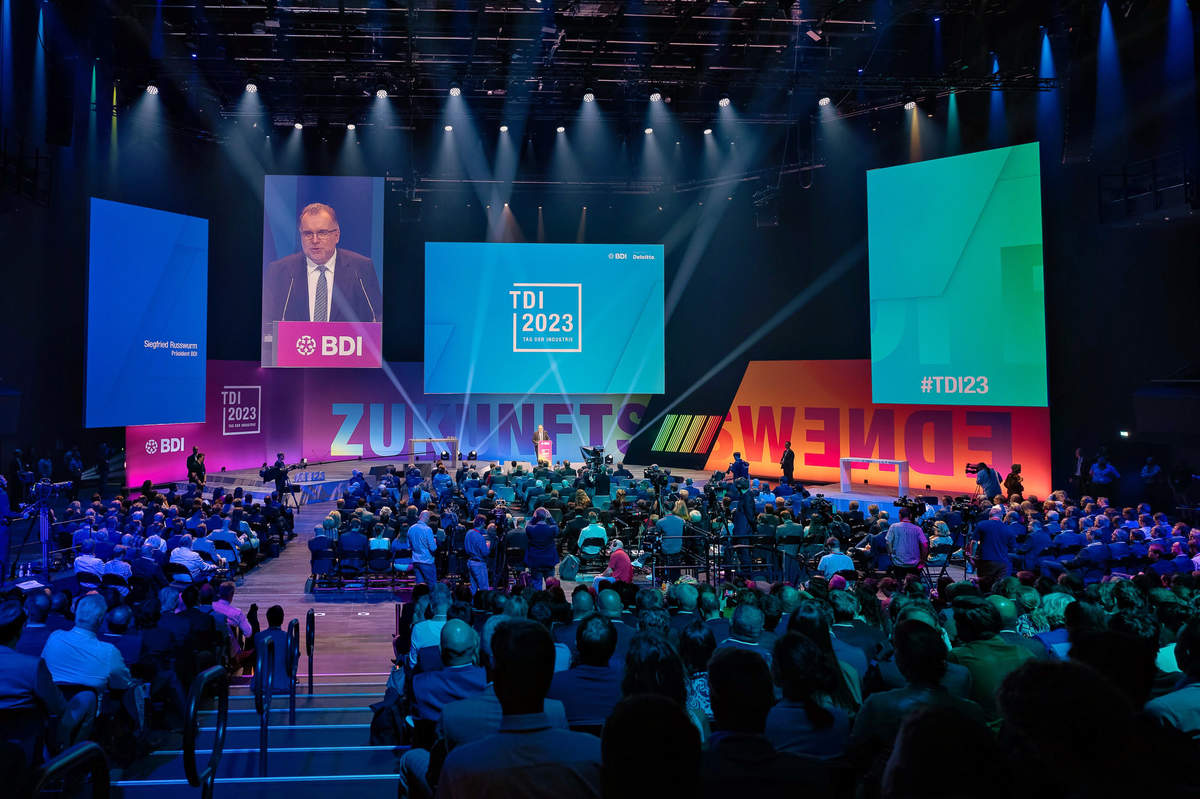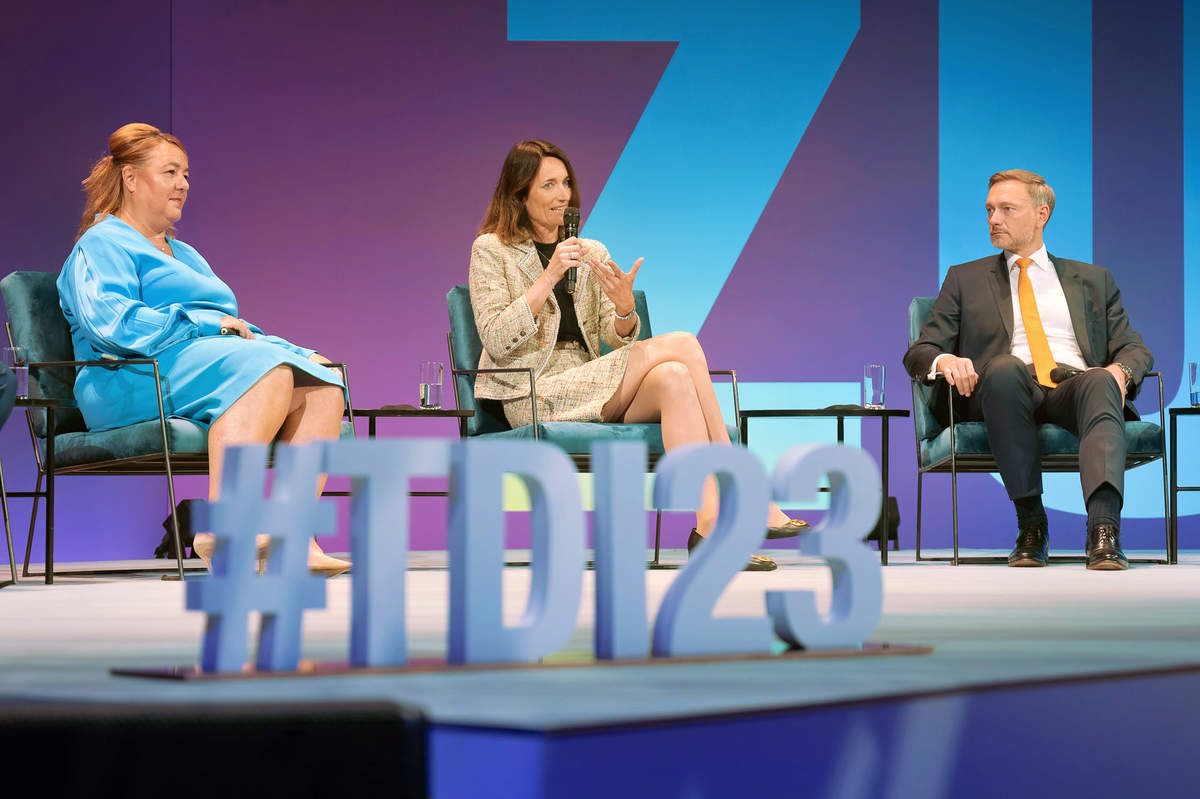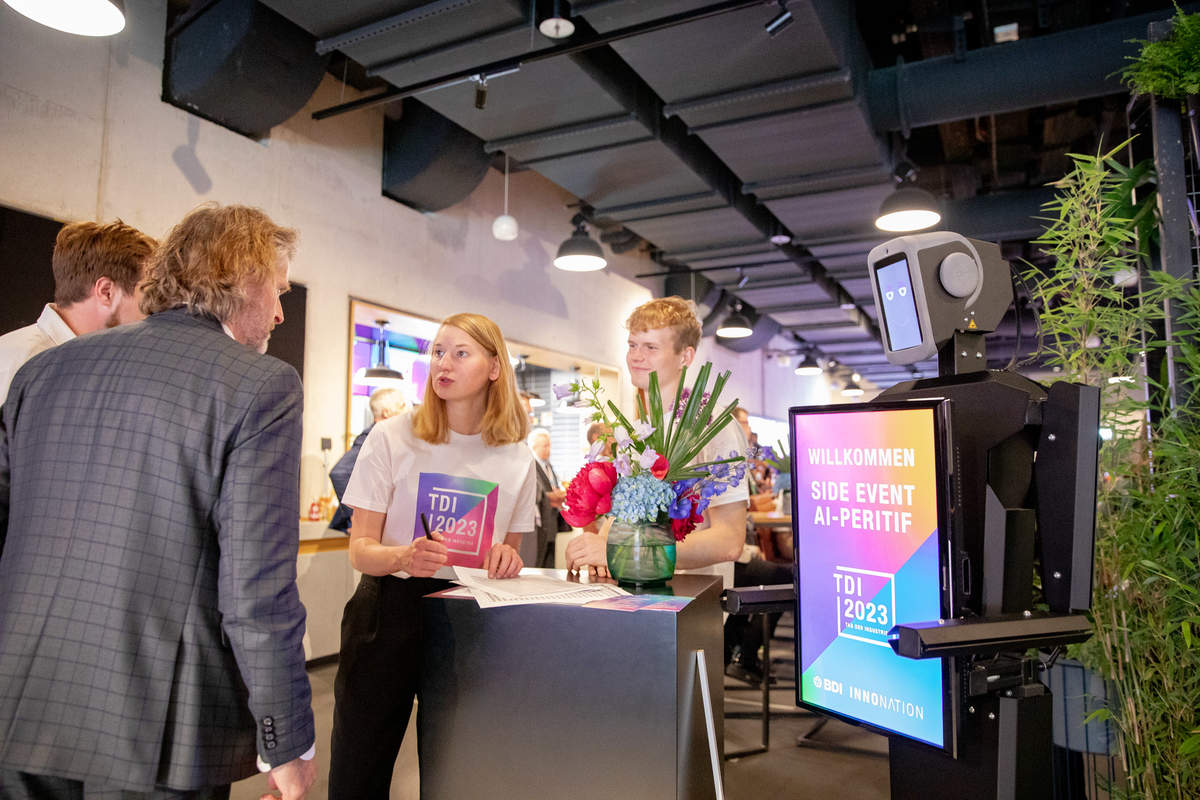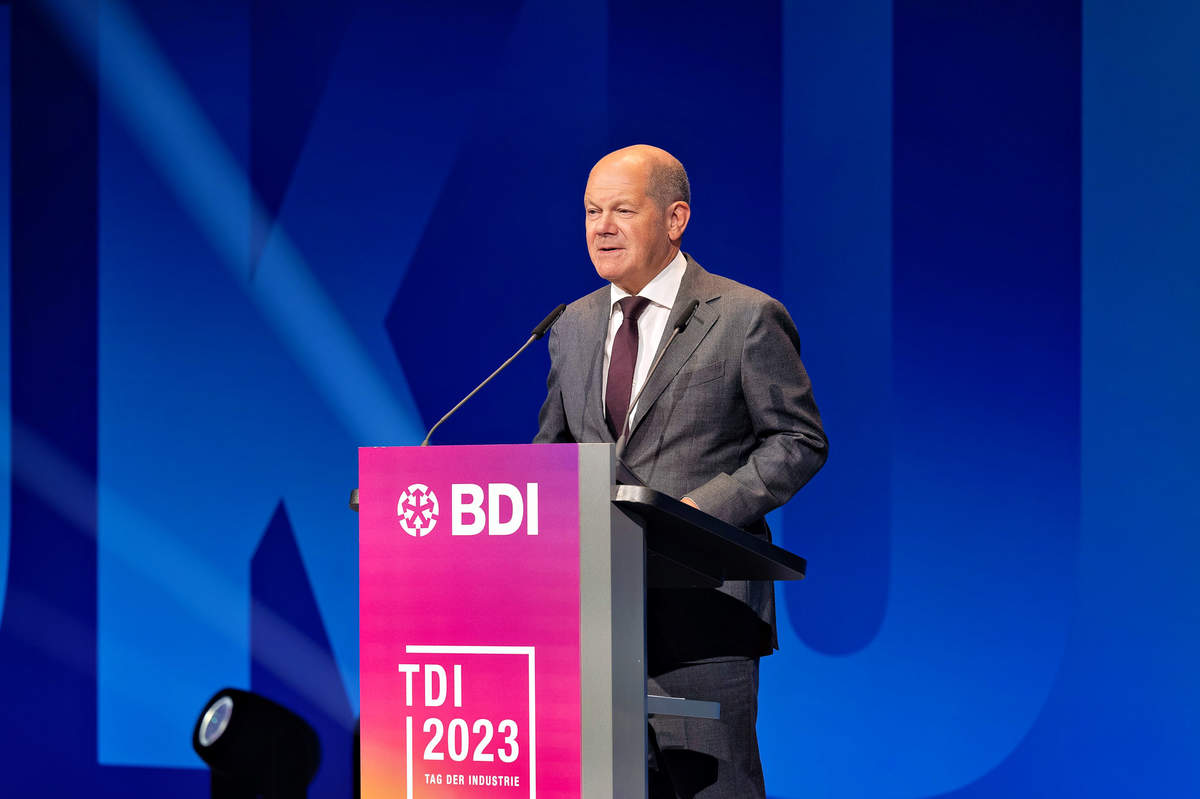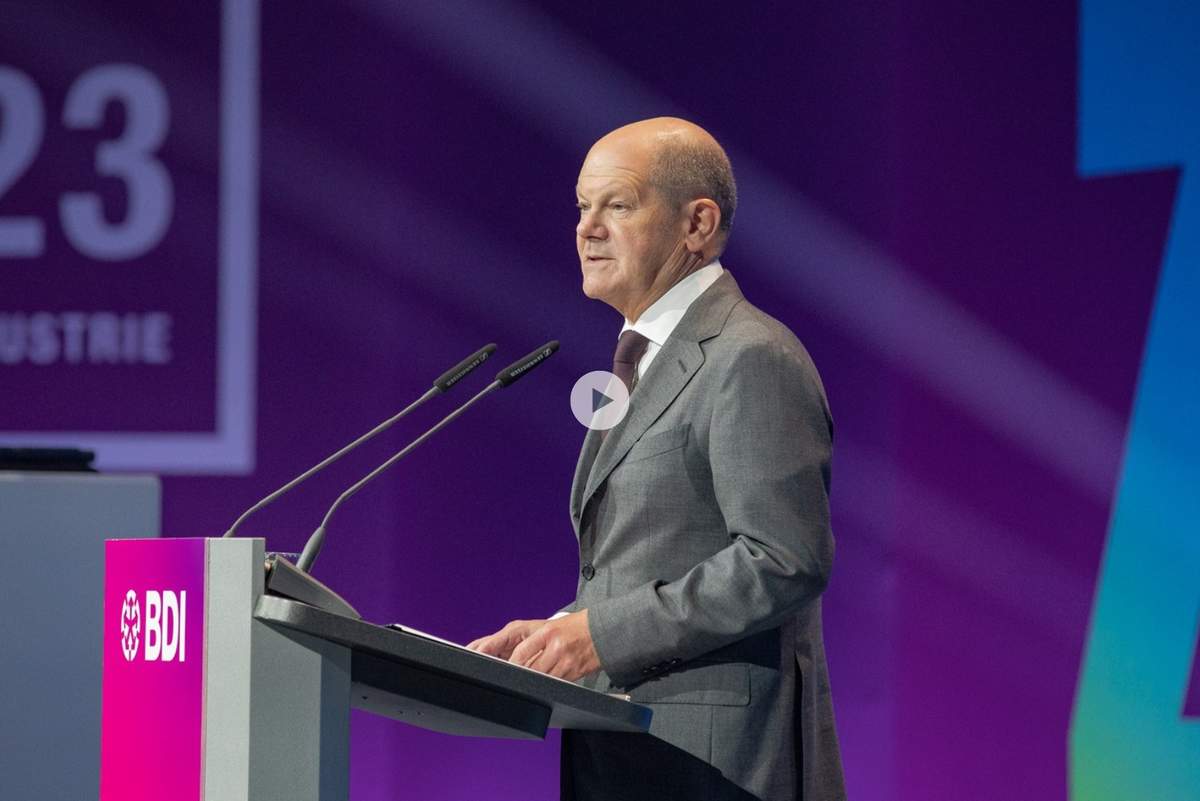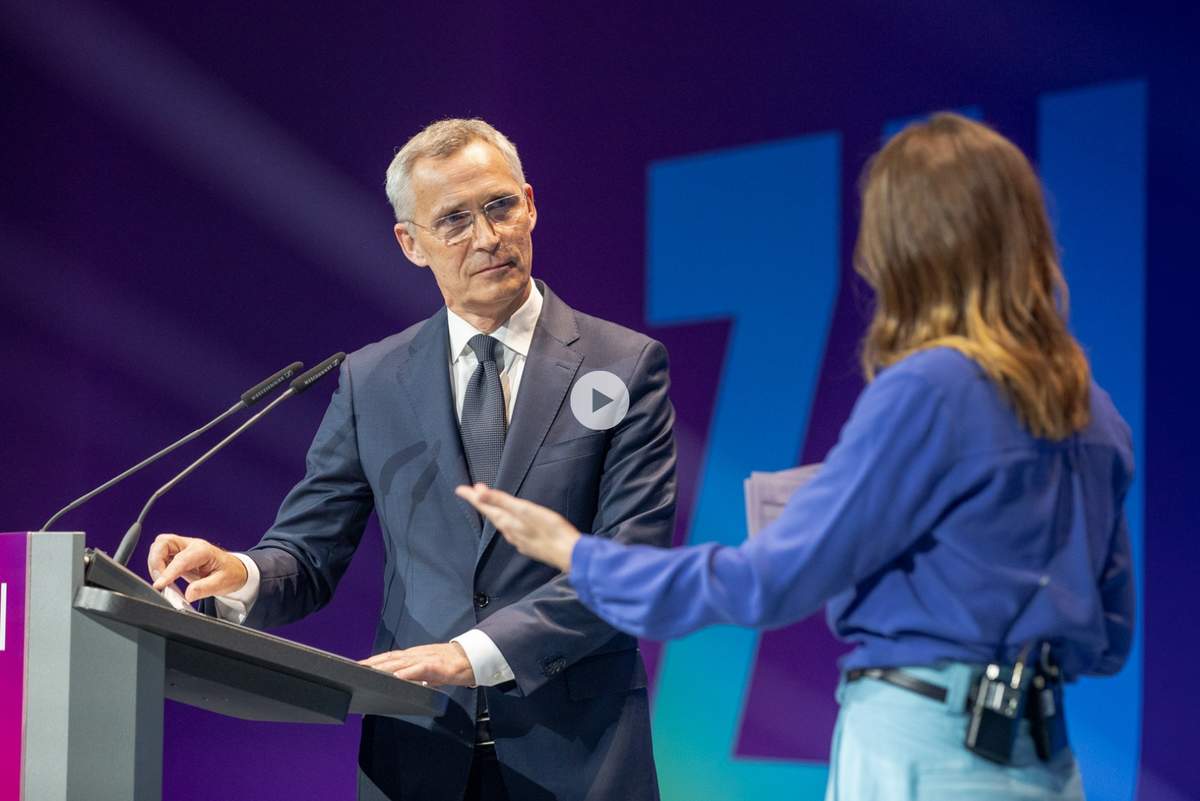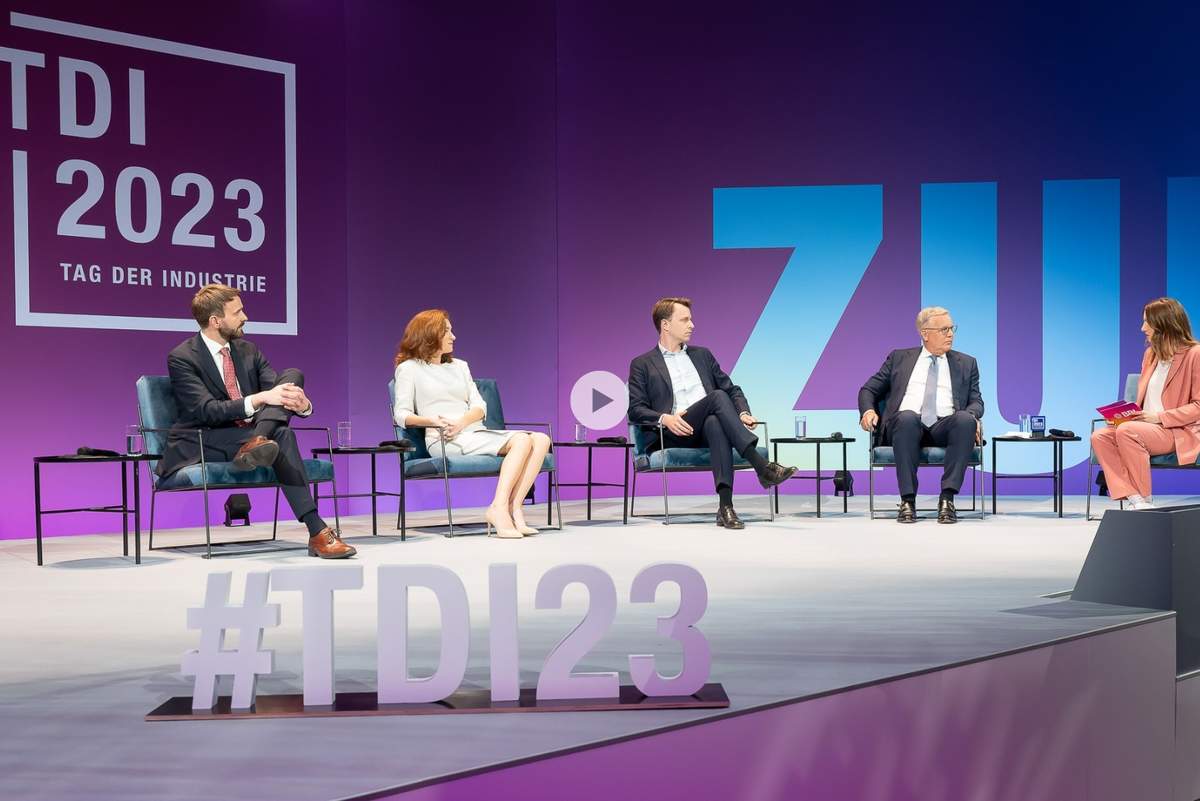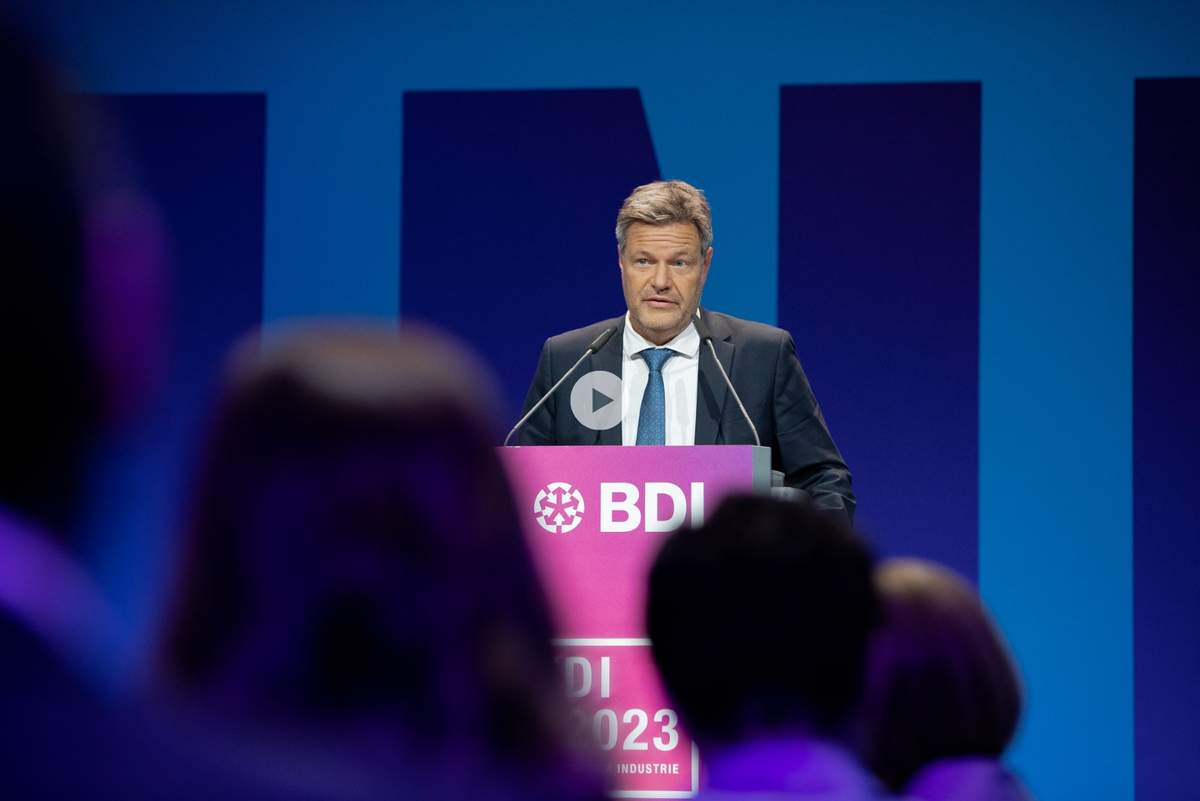The annual TDI, organized by the Federation of German Industries (BDI), centered around questions addressing present challenges and the path to transformation. In the face of current challenges, how can Germany and Europe effectively both confront and navigate the process of the green and digital transformation? What measures should be taken by politics and the economy to ensure global resilience and strategic sovereignty? Is the European approach to sustainable prosperity competitive in the global arena? How can Europe successfully leverage climate change as a basis for business opportunities?
With the aim to foster open dialogue, exchange opinions, and collectively seek effective solutions, BDI has opted for a hybrid format for this year's conference. Building upon the success of the previous years, this approach can promote constructive engagement between business, politics and society even amidst the various challenges we currently face.




